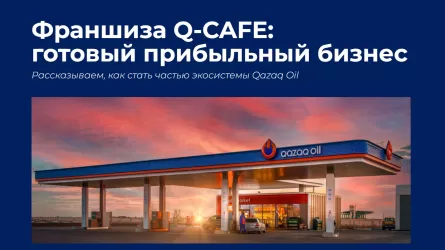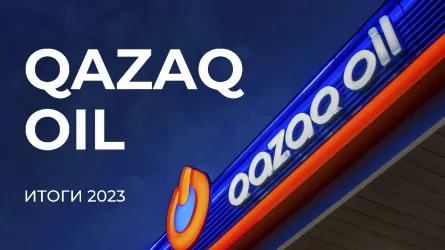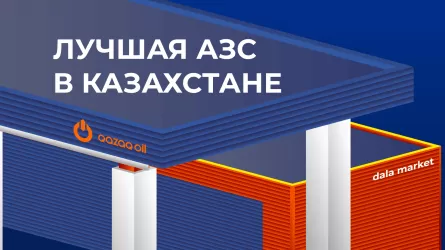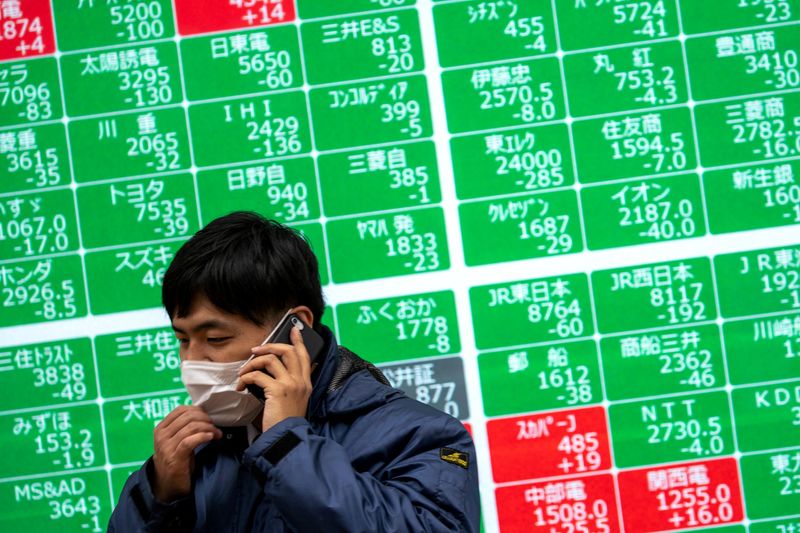SYDNEY (Reuters) - Asian stocks made a soft start to the week on Monday while oil and the euro were under pressure, as the return of COVID-19 restrictions in Europe and talk about hastened tapering from the U.S. Federal Reserve put investors on guard.
Oil futures skidded about 1% at the open, sending Brent crude and U.S. crude to seven-week lows of $78.05 and $74.76 respectively amid oversupply concerns.
Australian shares fell 0.4%, led by bank stock losses. Japan's Nikkei was down 0.3% and MSCI's broadest index of Asia-Pacific shares was flat.
"There are question marks over the resilience of Europe and the European economy, exacerbated by protests and infection rates seen over the weekend," said Rodrigo Catril, a strategist at National Australia Bank (OTC:NABZY) in Sydney.
"It's hard to see the U.S. dollar coming to any harm against that backdrop," he said, a view further underlined by recent strong U.S. data and hawkish remarks from Fed officials.
The euro slipped 0.2% to $1.1280, close to a 16-month low. The common currency has been the prime mover in markets over recent sessions as investors wager on Europe's economy lagging well behind the U.S. recovery.
Safe-haven assets such as bonds, gold and the yen have also benefited from the recent cautious tone in financial markets.
On Monday, the yield on benchmark 10-year U.S. Treasuries was steady at 1.5634%. Gold found support at $1,845 an ounce. The yen hovered at 114.09 per dollar.
The risk-sensitive Australian dollar also fell to a seven-week low of $0.7227. South Korean stocks were an outlier as chipmakers followed U.S. peers higher with a brightening outlook for memory chip demand.
S&P 500 futures rose 0.2% after Wall Street indexes had slipped on Friday.















